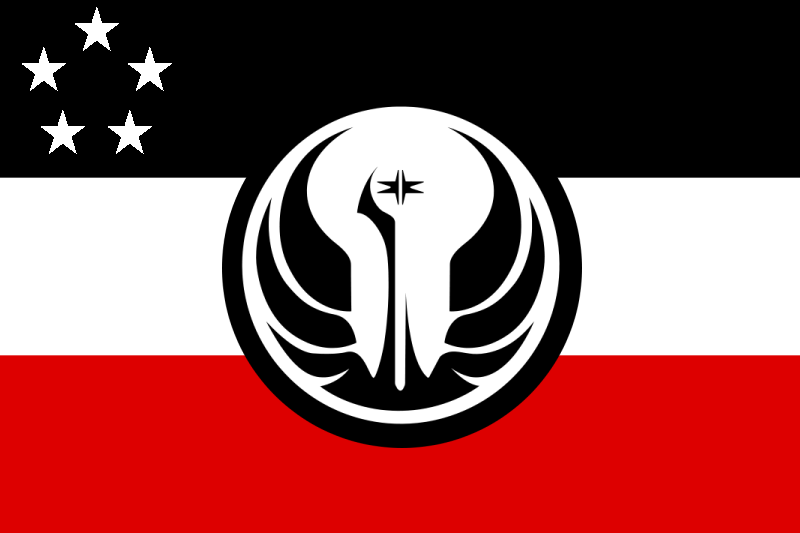CELTICEMPIRE
Zulu Conqueror
Portuguese Empire
Government Republic
Economy Mercantilism
Religion Free (mainly Catholic)
Language Portuguese
Currency Portuguese Dollar
History and Politics In the year 2121 A military Strongman Benito Gutierrez took control of the land once known as Portugal, he spent decades consolidating his power throughout Portugal until his death in 2167, a national hero. His son, Jose Gutierrez began the overseas expansion into Portuguese-speaking lands in 2169. Jose was hopelessly corrupt, however, and raised taxes on everyone, rich and poor alike. This stifled business and put him at odds with the common man. A businessman named Alfonso Gomez led a revolution that led to a civil war that lasted several years across 3 continents and finally saw the defeat of forces loyal to Jose Gutierrez. Jose was given a public execution in 2178 the day before Alfonso Gomez was elected President of Portugal. He served 2 six year terms from 2178-2190. He retired from politics but is still alive today and has written dozens of books since he left office. Armando Martin of the Economic Prosperity Alliance (a pro-business party) served 1 term from 2190-2196, in which the standard of living was greatly increased. He lost the next election after a humiliating scandal involving charges of "buying votes". The Imperial party Candidate, Josef Diaz won. Josef Diaz is the current president of Portugal and ardent in expanding it's colonial influence.
All adult males 21 and above may vote in the Portuguese National elections, Parliamentary elections are held every 3 years and Presidential ones every 6 years. Only people residing in Portugal and the Azores can vote in these elections. Colonial governors are appointed by the President, and they in turn appoint local politicians.
The main Political parties are:
Imperial (supports acquisition and development of overseas territories, strong, centralized rule)
Economic Prosperity Alliance (pro-business, fiscally Conservative)
Liberal (fiscally and socially Liberal)
Colonial (supporting of decentralized government in the colonies, but other than that, very similar to the Imperial Party)
Traditional (Religious party, fiscally and socially conservative)
Socialist (tight government control on economics)
Communist (complete government control)
note: slavery is legal.
Government Republic
Economy Mercantilism
Religion Free (mainly Catholic)
Language Portuguese
Currency Portuguese Dollar
History and Politics In the year 2121 A military Strongman Benito Gutierrez took control of the land once known as Portugal, he spent decades consolidating his power throughout Portugal until his death in 2167, a national hero. His son, Jose Gutierrez began the overseas expansion into Portuguese-speaking lands in 2169. Jose was hopelessly corrupt, however, and raised taxes on everyone, rich and poor alike. This stifled business and put him at odds with the common man. A businessman named Alfonso Gomez led a revolution that led to a civil war that lasted several years across 3 continents and finally saw the defeat of forces loyal to Jose Gutierrez. Jose was given a public execution in 2178 the day before Alfonso Gomez was elected President of Portugal. He served 2 six year terms from 2178-2190. He retired from politics but is still alive today and has written dozens of books since he left office. Armando Martin of the Economic Prosperity Alliance (a pro-business party) served 1 term from 2190-2196, in which the standard of living was greatly increased. He lost the next election after a humiliating scandal involving charges of "buying votes". The Imperial party Candidate, Josef Diaz won. Josef Diaz is the current president of Portugal and ardent in expanding it's colonial influence.
All adult males 21 and above may vote in the Portuguese National elections, Parliamentary elections are held every 3 years and Presidential ones every 6 years. Only people residing in Portugal and the Azores can vote in these elections. Colonial governors are appointed by the President, and they in turn appoint local politicians.
The main Political parties are:
Imperial (supports acquisition and development of overseas territories, strong, centralized rule)
Economic Prosperity Alliance (pro-business, fiscally Conservative)
Liberal (fiscally and socially Liberal)
Colonial (supporting of decentralized government in the colonies, but other than that, very similar to the Imperial Party)
Traditional (Religious party, fiscally and socially conservative)
Socialist (tight government control on economics)
Communist (complete government control)
note: slavery is legal.



 .
.


